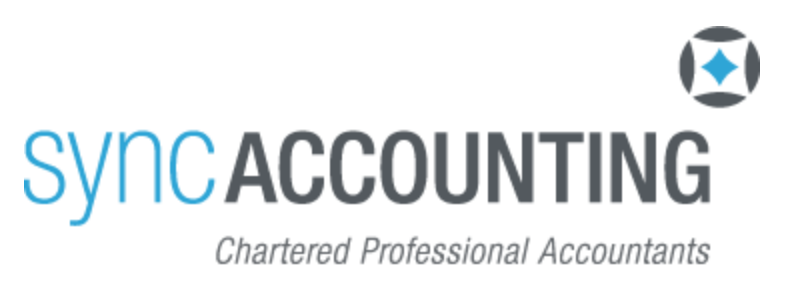What GST and HST Basics Should You Know?
We all know GST and HST as those things hanging out at the bottom of our bills and receipts, but have you ever wondered how they work? Even better, you might be eligible to claim them back! We noticed that we’ve been getting a lot of questions about GST/HST, so we thought we’d get down to the basics. If you’re thinking about starting a business, this is also a good blog to refer to. We won’t be touching on PST in this article, but if you have questions about it, you can always come and chat with us.
How does the system work?
First, and most important, GST stands for Goods and Services Tax and HST stands for Harmonized Sales Tax. Basically, businesses charge GST/HST on taxable sales and services and you can claim these back for any business purchase you’ve made.
Who should charge GST/HST?
Registrants have to charge and collect GST/HST on their taxable sales when it comes to everyday transactions. The only exception to this is when it comes to real estate. Our next blog post will answer all your questions on GST/HST and the rental property.
What are Taxable Supplies?
All taxable supplies include most property and services sold and provided in Canada. Ultimately, just assume that everything is subject to GST/HST unless there is an exception. We’ll walk you through the three types of supplies so you know what to expect. Just keep in mind that these are some examples and this list is far from complete.
Taxable supplies
These are subject to GST/HST and include:
- Clothing and footwear
- Hotel accommodation
- Restaurant food
- Services
- Pop, chips, and candies
Zero-rated supplies
You don’t have to charge GST/HST on these supplies. However, you can still claim the GST/HST that you paid when purchasing them.
These include:
- Basic groceries like milk, bread, and vegetables
- Agricultural products, grain, raw wool, etc.
Exempt Supplies
This categorizes the exceptions mentioned earlier meaning you don’t charge or claim GST/HST.
Exceptions include:
- Sale of housing last used by an individual as a place of residence
- Long-term rentals (one+ months) and residential condo fees
- Most medical and dental services performed by licensed physicians and dentists for medical reasons
- Many educational services
- Music lessons
When are you required to register for GST/HST?
It’s important to know when to register for GST/HST. Basically, you should register if you provide taxable sales and are not a small supplier.
You are a small supplier if you meet one of the following conditions:
- You’re a sole proprietor and the total amount of all revenues (before expenses) from your worldwide taxable supplies from all of your businesses is $30,000 or less in a single calendar quarter and in the last four consecutive calendar quarters.
- You’re a corporation or partnership and the total amount of all revenues (before expenses) from your worldwide taxable supplies and those of your associates from all of your businesses is $30,000 or less in a single calendar quarter and in the last four consecutive calendar quarters.
- You’re a public service body and the total amount of all of your revenues (before expenses) from your worldwide taxable supplies from all of the organization’s activities and those of your associates is $50,000 or less in a single calendar quarter and in the last four consecutive calendar quarters
Note: As a small supplier, you can also become a GST/HST registrant
So, What does this all mean?
Whether you file your GST/HST annually, quarterly, or monthly, you report your worldwide sales, the total GST/HST collected on taxable sales, and the total amount paid on your purchases to run your business. This is more commonly known as input tax credits (ITC’s), and the total net amount is what you pay to the CRA.
Here’s an example:
First, let’s assume you’re in B.C.
Your annual sales are $100,000
Total GST/HST collected: $5,000
ITC’s of $2,000 ($40,000 of your $65,000 total in purchases were subject to GST/HST)
This means that your net payment to the CRA is $3,000
We can help!
As always, we are here and happy to help. Hopefully, you have more of a feeling for GST/HST and how it works. However, before registering to GST/HST on your own, it’s a good idea to come and have a chat with us so that we can assess and help with your unique situation.




